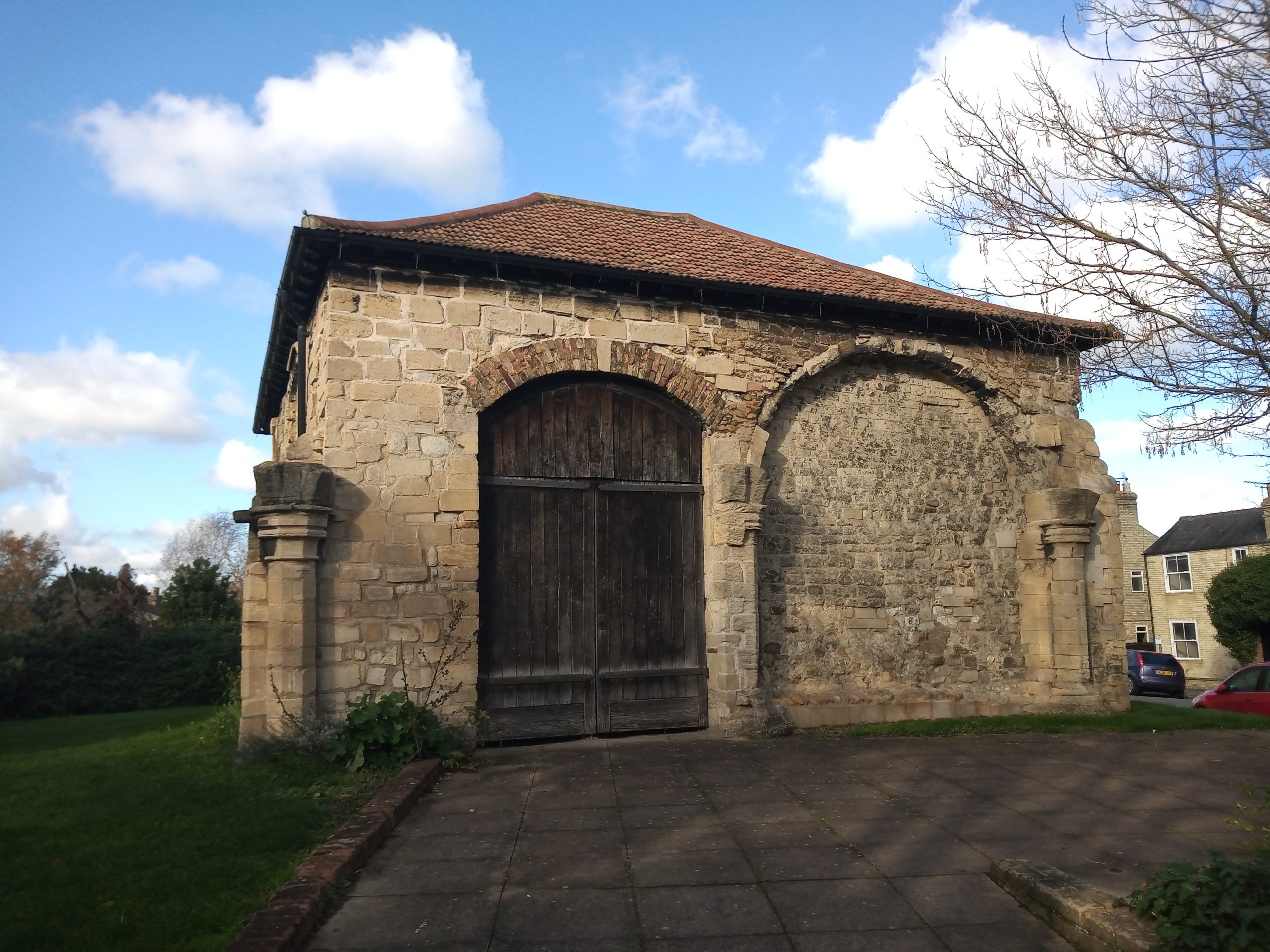The company of books is of paramount importance to me
Contributor: Lynn
I have always been a “chain reader” from as long as I can remember, reading everything, even labels in the bathroom! I started with Janet & John and quickly went on to Enid Blyton (every one), Richmal Crompton (Just William series) and Sarah Chauncey Woolsey (What Katy did etc, written under the pen name Susan Coolidge). I loved the naughty children as I wasn’t, and found books a great way to miss all the war and cowboy films beloved of my father and brother. I cried myself through my mother’s book Black Beauty by Anna Sewell which is still on my bookshelf. In my teens, I moved swiftly on to Jean Plaidy, Dorothy Sayers, Doris Lessing and then on to Maeve Binchy and Catherine Cookson when I was a commuter to London every day. Of course, Austen and the Brontës were all enjoyed.
Just realised these were all women writers. I also read most of the classics and finally got into male authors devouring Thackeray, Huxley, Marquis de Sade, Edgar Allan Poe, Bram Stoker and Oscar Wilde. Although I read a lot of his novels, I never really warmed to Dickens although have loved the stories made into films and series. I had a spell of the Russian authors, Dostoyevsky, Chekhov and ploughed through Tolstoy’s War and Peace and Anna Karenina (which I preferred). I loved Le Carré spy novels and that took me into Ken Follett, Robert Goddard and then on to the highly entertaining genre, “Chick lit” (JoJo Moyes, Marian Keyes) which was great fun for train journeys. My favourites are Santa Montefiore and Victoria Hislop and are both “must read immediately”.
I often go to Australia (when allowed) to see my family and one of the fun bits of packing is deciding on the books that will accompany me on the 26 hours + journeys. The company of books is of paramount importance to me and at present I am more into crime and historical novels, biographies and travel/ocean books (Palin and Cousteau) but am open to anything that is recommended.
Lockdown reading questions
Have you read more or less during lockdown, or much the same as usual?
Same as usual although a bit more at bedtime.
Has lockdown affected your choice of reading material?
I enjoy historical and crime novels and biographies, but having joined our WI book club, I have read more variety which has been very enjoyable.
Have you switched from your normal genre? eg started reading poetry, short stories, nonfiction, articles, magazines, drama?
Read more poetry than normal, again due to book club.
Have you been using reading in a different way – for example for comfort, raising your spirits, for escapism, distraction?
No.
Have you been finding it harder to concentrate during lockdown?
In the first lockdown I found concentration easy and whizzed through the Hilary Mantel Wolf Hall trilogy but less able to concentrate in the third.
Now that you can’t go to a bookshop or library to browse, how do you get inspiration for titles? (Radio, Friends, Online reviews, online book groups, emails from Amazon, Waterstones, etc?)
Friends, magazines and book club.
Have you embarked on reading all the books you already own but have never read?
Yes, great opportunity.
Have you been listening to audiobooks rather than, or in addition to, reading? If so, does listening add something different/extra to your experience of the book that you don’t get by reading it yourself?
Yes as I can do other things at the same time like knitting.
Have you started books and been unable to finish them?
Yes, but that’s a decision I made a few years ago when I retired and gave myself permission to do so.
Have you been reading books about pandemics? eg The Plague by Albert Camus, Journal of the Plague Year by Daniel Defoe, Love in the Time of Cholera by Gabriel Garcia Marquez, The Roses of Eyam by Don Taylor etc?
Dipped into Samuel Pepys’ diary but otherwise avoided that genre.
Where are you sourcing your books/audiobooks from?
BBC Sounds for audio. Books from friends and my own collection which needs reading!
Can you recommend up to 5 books/audiobooks that you have enjoyed during lockdown.
Salt Path and The Wild Silence, both by Raynor Winn
The Thursday Murder Club by Richard Osman
Wolf Hall trilogy by Hilary Mantel
Three Things about Elsie by Joanna Cannon
The Dry by Jane Harper


